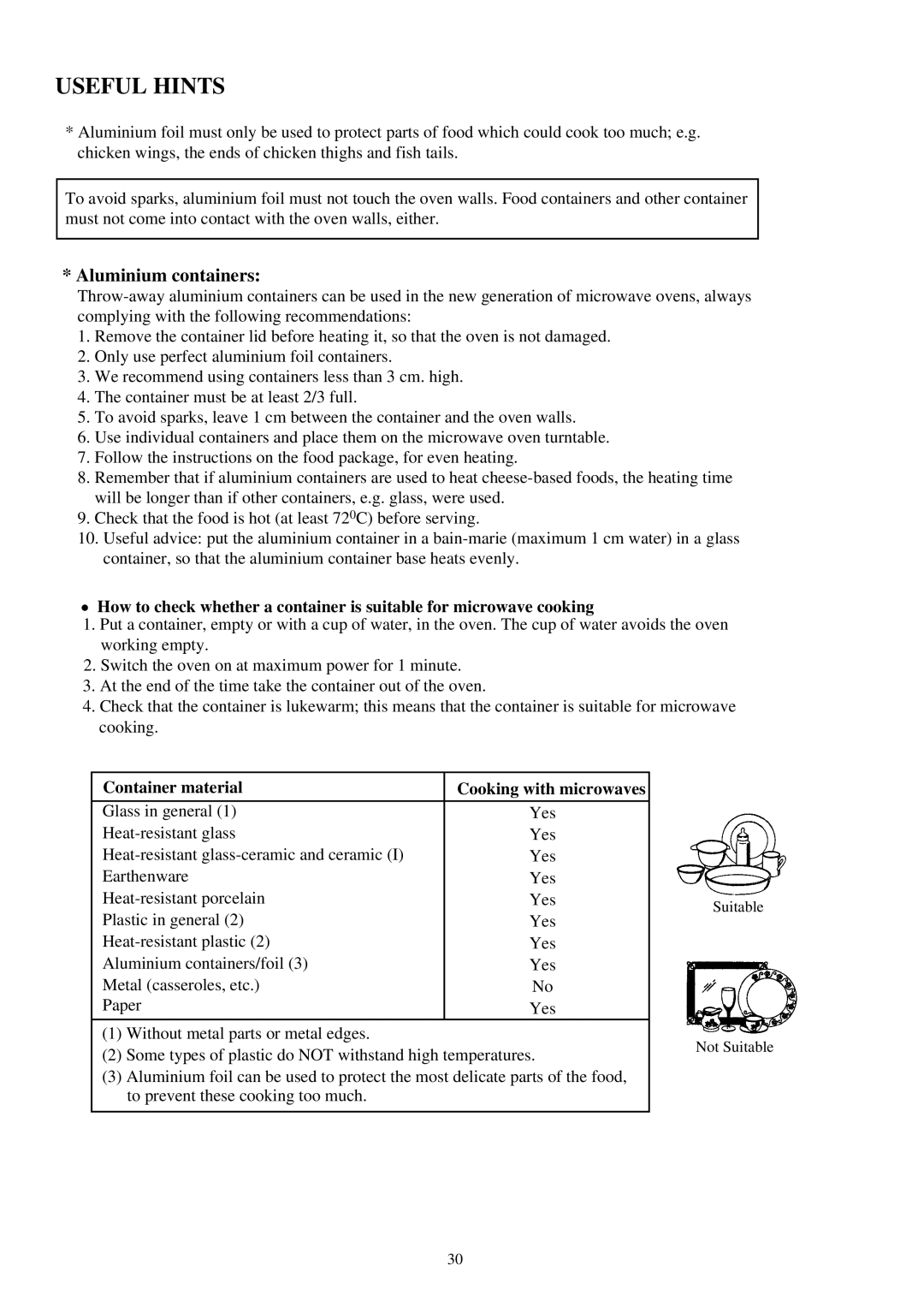PMO-585 specifications
The Palsonic PMO-585 is an innovative and versatile media player that caters to the evolving needs of audio-visual enthusiasts. With its sleek design and cutting-edge technology, the PMO-585 offers a range of features that make it a standout choice for both casual listeners and serious audiophiles.At the heart of the PMO-585 is its robust support for multiple media formats. This model enables users to enjoy their favorite music and videos in various formats, including MP3, WAV, JPEG, and MPEG. This compatibility ensures that users are not limited to specific file types, allowing for a richer and more diverse media experience.
One of the defining characteristics of the Palsonic PMO-585 is its user-friendly interface. The device features an intuitive navigation system, making it easy for users to browse through their media library and select their desired content. Its bright LCD display enhances visibility, ensuring that users can easily read titles and settings, even in low-light conditions.
The PMO-585 also boasts impressive connectivity options. It includes USB ports that allow users to plug in external devices such as flash drives and external hard drives, facilitating quick access to a vast array of media. In addition to USB connections, the device features Bluetooth technology, enabling wireless streaming from smartphones and tablets. This feature not only enhances convenience but also broadens the listening possibilities by allowing users to play music directly from their devices without the hassle of cables.
Another important feature of the PMO-585 is its built-in equalizer, which provides users with the flexibility to customize their audio experience. With several preset modes, users can optimize sound quality depending on their preferences, whether they enjoy pop, rock, classical, or any other genre.
The Palsonic PMO-585 is designed with portability in mind. Its compact size makes it easy to transport, which is perfect for users who want to enjoy their favorite media on the go. The integrated rechargeable battery ensures hours of uninterrupted playback, making it ideal for outdoor gatherings, picnics, or family events.
In summary, the Palsonic PMO-585 combines versatility, user-friendliness, and advanced technology in a compact design. With its extensive media support, connectivity options, customizable audio settings, and portability, the PMO-585 stands out as an exceptional choice for anyone seeking a reliable and efficient media player. Whether for personal enjoyment or social gatherings, this device is sure to enhance the listening experience for users of all ages.

